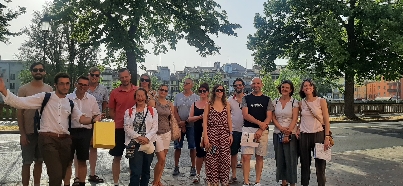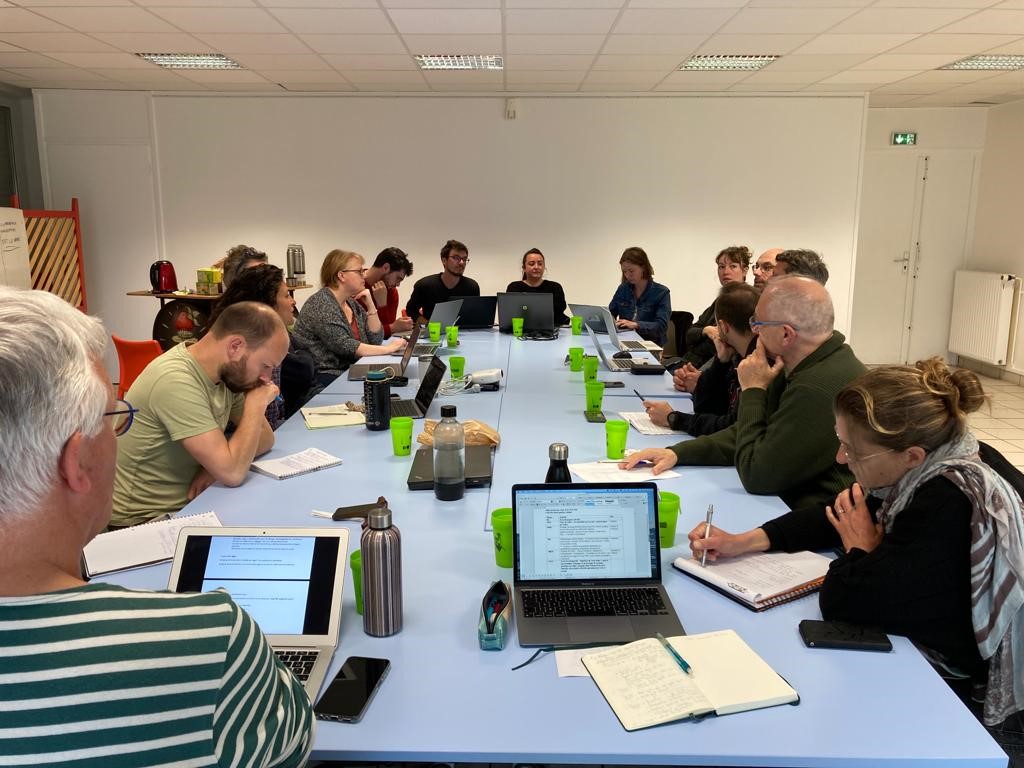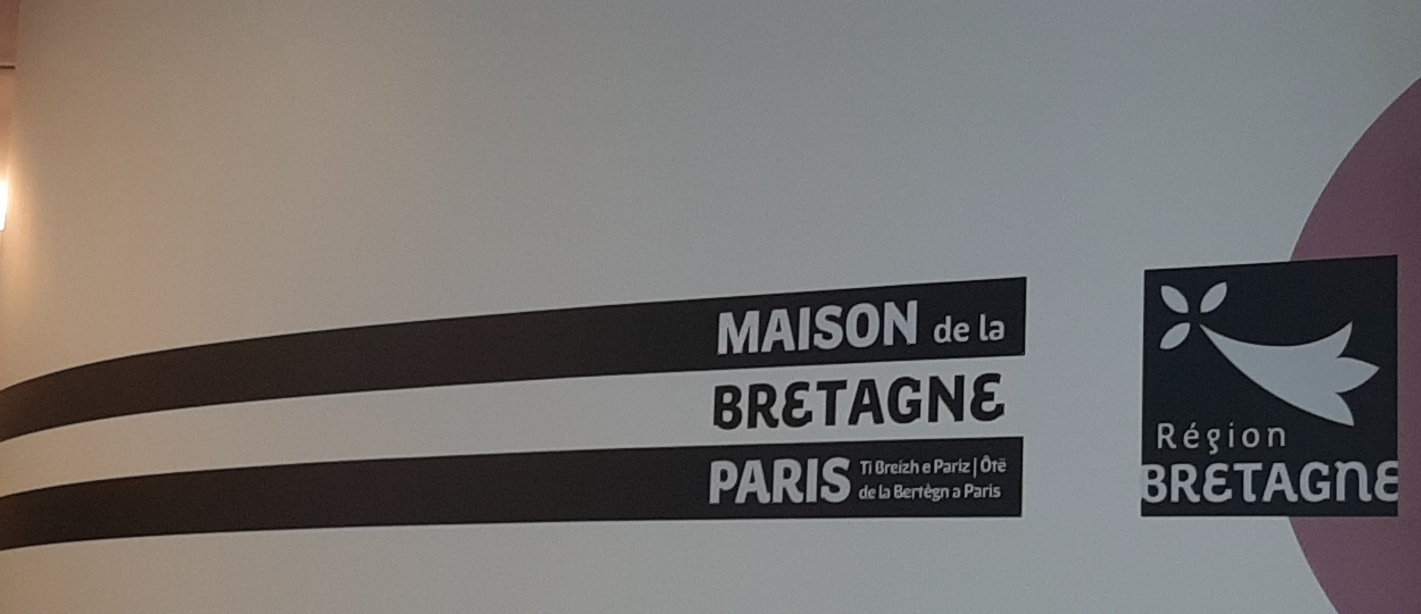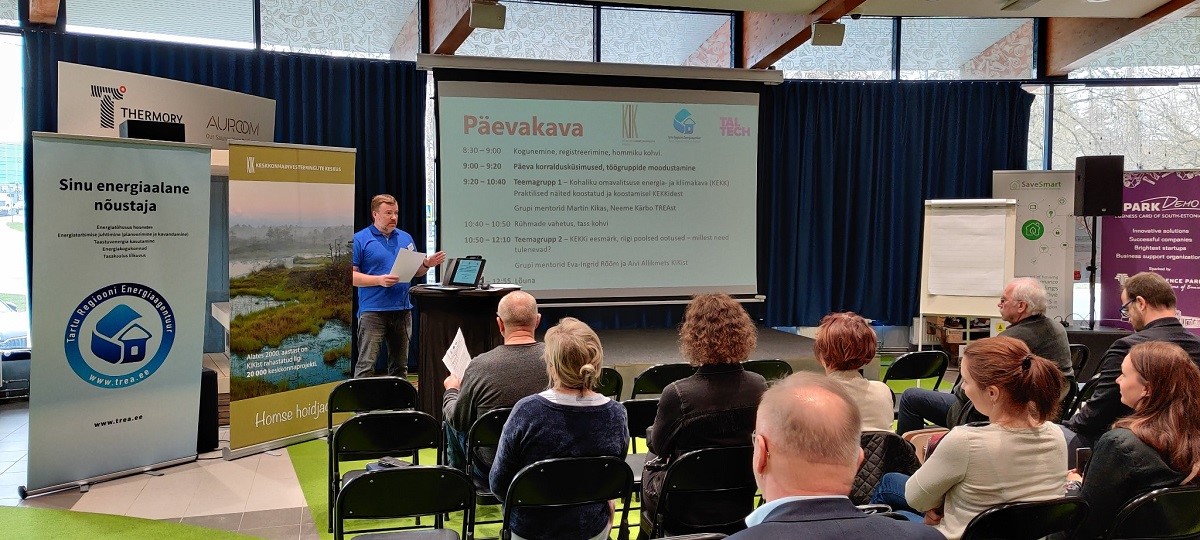Milton Keynes Council launched its Sustainability Action Plan in 2019, at which point it was creating around 24,000 tonnes of carbon each year and using fossils fuels to power MK’s streetlights, council buildings and its fleet of vehicles.
Since then, it’s been working on high-impact carbon reduction schemes including making council homes and other properties more energy efficient, creating electricity from MK’s waste, introducing low-energy street lighting, and replacing gas boilers in schools with clean heat pumps.
This and other work helped the Council to reduce its carbon footprint by a third (around 8,000 tonnes of CO2) last year, and it’s on track to reduce it by two thirds each year (around 16,000 tonnes of CO2) by 2024.
The Council is already looking into further projects that will close the gap and make it entirely carbon neutral by 2030 and carbon negative by 2050. These include solar farms, entirely carbon-neutral council homes, electric buses, and a fleet of household waste collection vehicles powered by electricity produced from the very waste they collect.
Cllr Jenny Wilson-Marklew, Cabinet Member responsible for Climate Action and Sustainability said: “We’ve made strong progress reducing the Council’s carbon footprint even while dealing with the unexpected challenges of the pandemic, and there are some excellent schemes in the pipeline to help us become ever more sustainable.
“As well as taking direct action on our own carbon production, we’re using our influence to reduce the carbon footprint for Milton Keynes as a whole, by setting greener policies for construction and transport and asking local businesses and citizens to cut their emissions.
“We look forward to increased funding being made available by Government to allow us to do more and make progress even more quickly."
The report will be received by Cabinet on 14 December.







